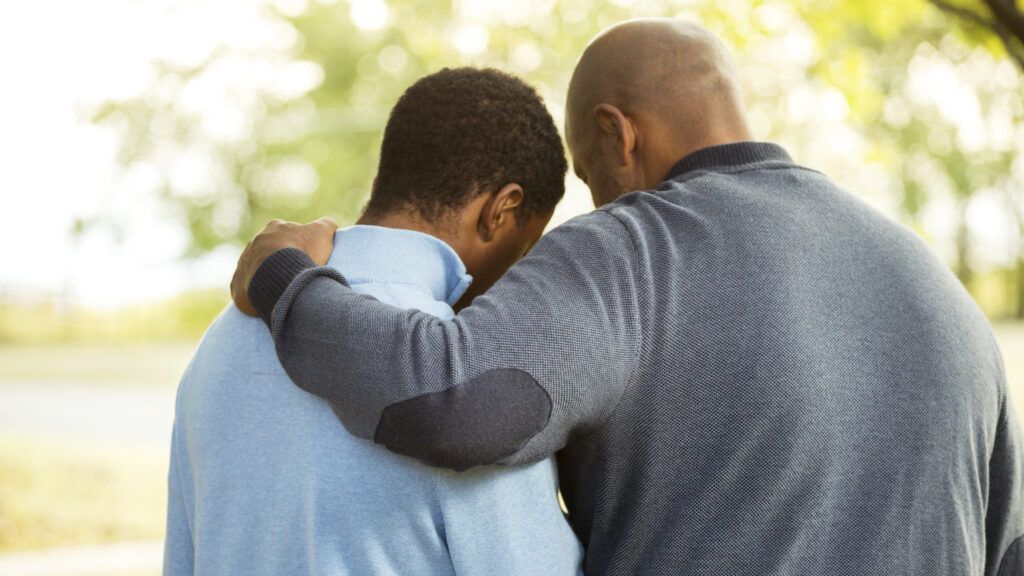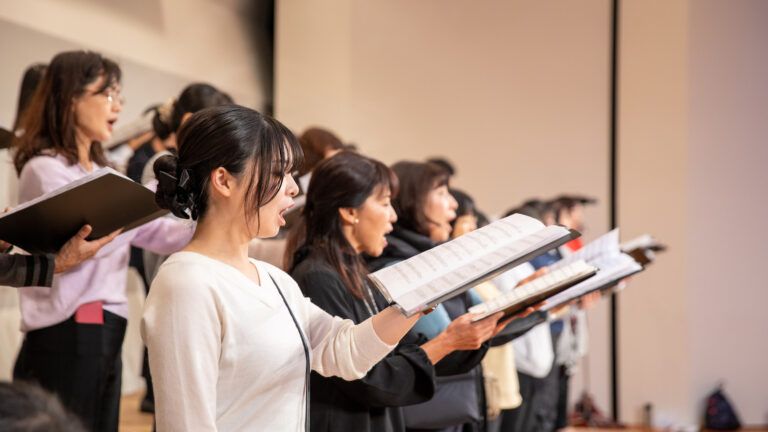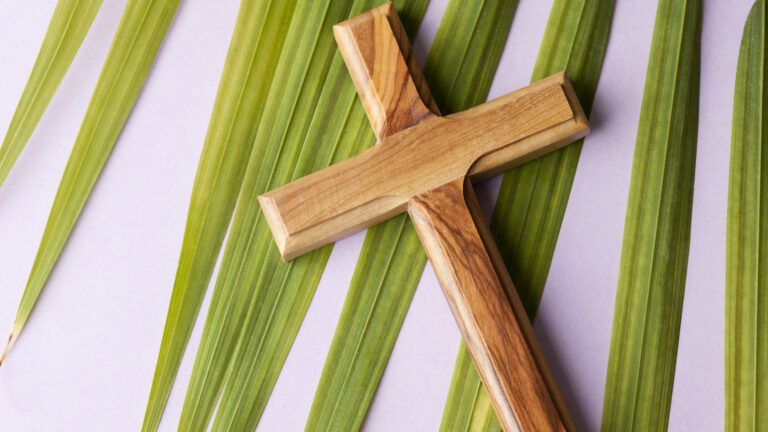If you’re anything like me, you come across multiple requests for prayer in the course of a week—or even in a single day.
You’re scrolling on your Facebook news feed, and an acquaintance has posted, “Prayers please.”
You see an old friend in the grocery store, and they update you on their physical challenges and when you ask how you can help, they say, “Just pray for me.”
You get an email or text about an accident or disaster or serious issue and the sender wants to corral prayer support for that situation.
I used to respond uniformly to such moments. “You’re in my prayers,” I would say. “I’ll pray for you,” I’d promise. And then I would forget. I might manage a prayer later that day, but even as I was responding to the request I knew—and I think they usually knew, too—that I was unlikely to follow through on my promise.
Read More: The Prayer That Saved Us
I hated it. It bothered me. I felt like such a cad. Such a failure. And I let down people I cared about with disturbing regularity. So I stopped.
Nowadays I don’t promise to pray. If I am scrolling on Facebook and someone asks for prayer, I never type “Praying 4 u.” I might, however, type, “Lord, have mercy; send strength and peace.”
If a friend in the store says, “Just pray for me,” I will either stop right then and there to pray quietly and briefly (if I’m confident doing so won’t totally embarrass or freak out my friend) or I will pray as I walk away, and the request is fresh in my mind.
When I receive an email or text about an accident or disaster or serious issue and someone wants me to pray at a certain time or in a certain way, I will pray at that moment—trusting God to upload my prayer at a more helpful time or translate it into more helpful terms, as He sees fit.
This doesn’t mean I’m always in a hurry when I pray; sometimes my prayer goes on longer than I thought and leads me down unforeseen paths. Nor do I never pray later about some of the concerns people share with me in the course of a day or a week; I will often remember to pray again later (that night, for example, or the next morning in my regular prayer times).
But I almost never promise to pray later, unless I record it in my calendar or to-do list on my phone or computer. And my practice has the added benefit of turning email, texts, Facebook and occasional encounters with old friends into short prayer meetings, which sometimes keeps me in a place of prayer throughout my day. And that’s a far, far better result than broken promises and forgotten prayers.
Download your FREE ebook, A Prayer for Every Need, by Dr. Norman Vincent Peale





